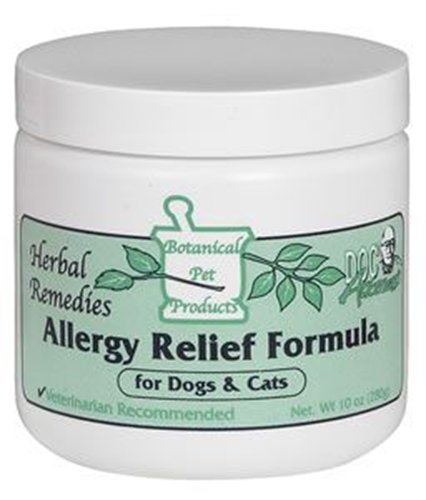Hello everyone,
I am new to this site but I like what I see so far.
I have either a Maine coon mix or possibly a Norwegian Forest Cat. He is 15+ lbs of big white fluffiness. However, he has allergies and I am having one heck of a time finding a good non chemically based treatment for him.
I have already tried Doc Ackermans allergy relief formula which works but, he does not like the taste of it so, because he don't eat all of his food, it doesn;t work 100%.
I am also looking into EcoBalance[emoji]8482[/emoji] Anti-Allergy Liquid Concentrate for Cats which I have not been able to find a local store to get it yet.
One more thing, because of his allergies, he scratches a lot and it drives me up the wall a lot of the time. I HATE seeing him suffer and I feel helpless a lot of the time to do anything without resorting to chemical treatments that have unacceptable side effects.
If anyone has any sure fire allergy treatments for cats that work, I would love to hear about it.
Thanks,
MCL
My big guy
I am new to this site but I like what I see so far.
I have either a Maine coon mix or possibly a Norwegian Forest Cat. He is 15+ lbs of big white fluffiness. However, he has allergies and I am having one heck of a time finding a good non chemically based treatment for him.
I have already tried Doc Ackermans allergy relief formula which works but, he does not like the taste of it so, because he don't eat all of his food, it doesn;t work 100%.
I am also looking into EcoBalance[emoji]8482[/emoji] Anti-Allergy Liquid Concentrate for Cats which I have not been able to find a local store to get it yet.
One more thing, because of his allergies, he scratches a lot and it drives me up the wall a lot of the time. I HATE seeing him suffer and I feel helpless a lot of the time to do anything without resorting to chemical treatments that have unacceptable side effects.
If anyone has any sure fire allergy treatments for cats that work, I would love to hear about it.
Thanks,
MCL
My big guy










